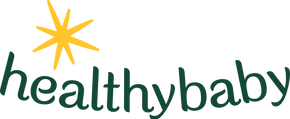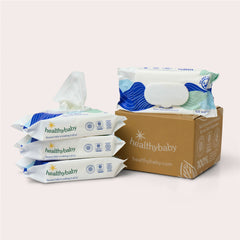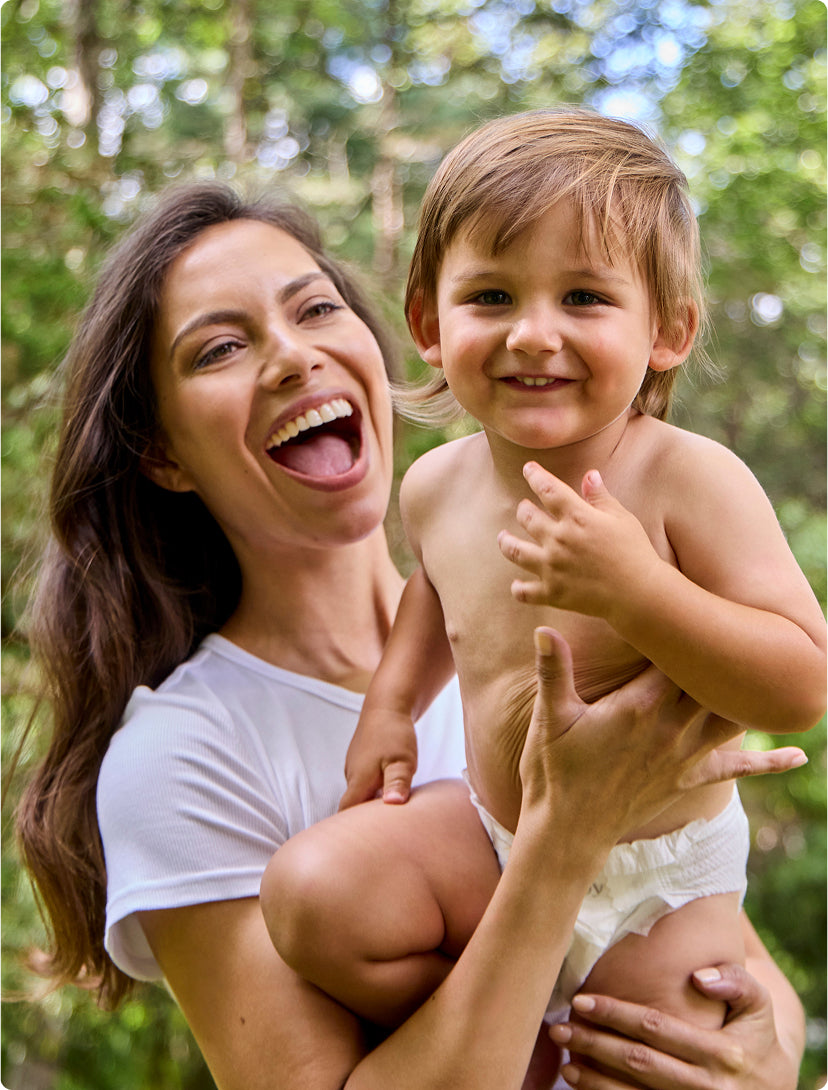Development isn’t a race. It’s a flow.
Every child—and parent—is figuring it out at their own pace.
Instead of milestones, we encourage you to focus on this amazing moment.
Your child’s brain makes more than one million neural connections per second in these first three years. Simple, consistent interactions with them today can have profound, lifelong benefits.
Here’s how little one’s brain is developing this month, and how you can support their progress.
Developmental Highlight
Happy second birthday!
After two years of practice, little one’s communication skills are blooming. Their vocabulary consists of 50-100 words, and they seem to add a few new ones each week.
Little one’s next magic trick: turning single words into two-word phrases. This is the beginning of more nuanced verbal expression. Little one’s mastering more complex words they couldn’t process a few months ago. They’re also enunciating more clearly, so you probably don’t need to translate as much for others.
Soon, little one will pick up the sayings and expressions of your family and community. It’s a good reminder to watch your language. Anything you say may be repeated!
Brain-Building Activity
Sing-Along
Routine: Anytime
Nursery rhymes and songs are great for practicing patterns of sound and introducing longer phrases and sentences. The more words that little one encounters, the more their vocabulary will expand.
-
Sing favorite songs again and again. Start singing with little one and then pause and let them fill in the blanks.
-
Include hand motions or dance steps to make sing-along richer.
-
Use songs and nursery rhymes to complement daily activities, like “This Little Piggy” during bathtime.
You’ve Got This
We’ve put so much emphasis on talking and moving in this guide, but silence and stillness are just as important. Find a moment in your busy day to be quiet and still. No chores or errands, just quality time with your thoughts. Even just five minutes of tuning out the usual stimuli and demands of parenting can reduce stress and restore mental clarity.
When you return to your regularly (over)scheduled programming, you’ll be more patient with little one and others and less frazzled by daily stressors. A regular time-out to do “nothing” could become the most productive part of your routine!











